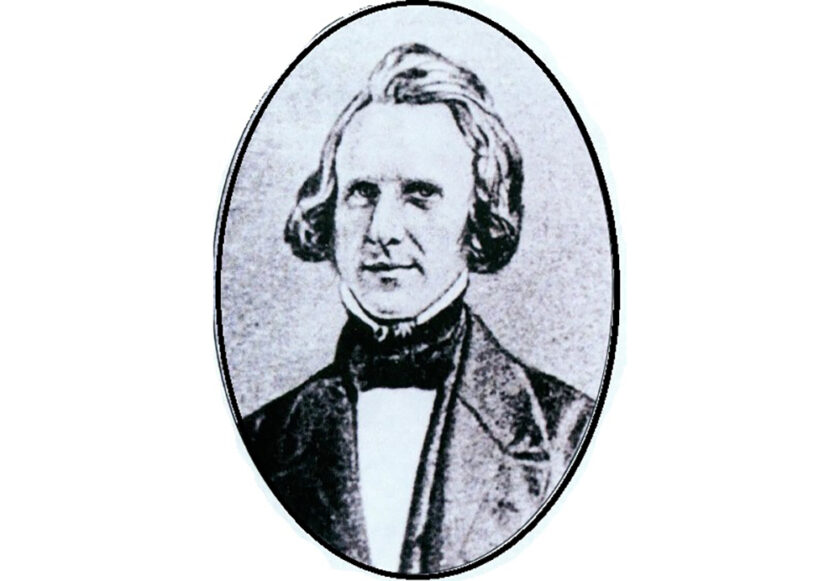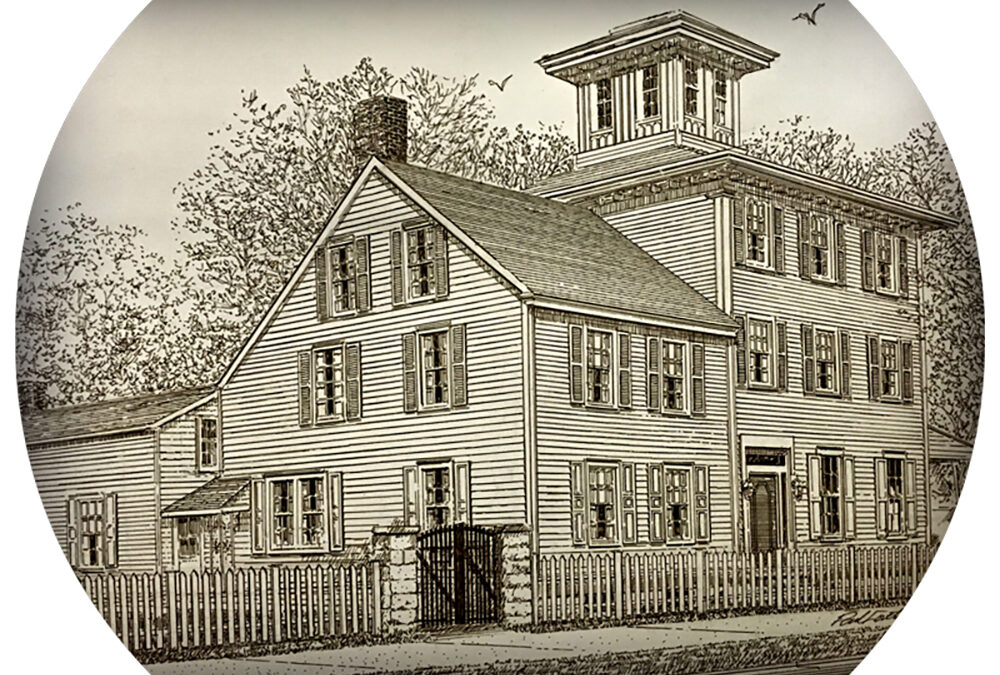Atlantic City is more than just beautiful beaches and resort casinos; it’s a history-rich destination that holds immense meaning to its residents and visitors. But it wasn’t always like this. The resort town on Absecon Island earned its notability from Dr. Jonathan Pitney. Dubbed “the Father of Atlantic City,” Pitney stopped at nothing to make Absecon Island the health resort he dreamed it could be.
Jonathan Pitney was born on Oct. 27, 1797, in Mendham, New Jersey. He studied medicine at Columbia University. After graduating, he returned to New Jersey to further his practice. Pitney soon found himself traveling to Absecon, where he would gain his name as the “Father of Atlantic City” and become the most influential physician in the county.
Pitney was inspired by the beauty of the island and found potential in the land’s restorative properties. Due to the climate and abundance of accessible salt water, Pitney determined that the area had the possibility to serve as a destination health resort.
However, there was one problem. Absecon Island lacked transportation. For Pitney’s health resort, it was crucial for visitors to travel with ease. Horse and carriage would take too long, and horseback was out of the question. He needed something reliable and modern. After befriending Samuel Richards, a local glassmaker, the pair proposed the idea for a new railroad that would depart from the Delaware River and arrive at Absecon Island.

To locals, the idea seemed lackluster and unpromising. Nicknamed the “Railroad to Nowhere”, skeptics were concerned with the very little the destination had to offer. However, with hard work and a lot of grit, Pitney petitioned to have the railroad built. Despite unimpressed locals, he had a vision for Absecon Island.
In September of 1852, Jonathan Pitney was finally awarded a contract for the construction of the new railroad. In just two years, it was up and running, allowing new visitors to see Atlantic City as the global resort it is today.
Pitney’s accomplishments didn’t stop there. The father of Atlantic City is also the reason for and founder of the Absecon Lighthouse. Back in 1835, when Pitney was still practicing medicine and at the height of his career, he often rode horseback through the dunes to visit patients. On many of these visits, he witnessed shipwrecks along the coast, especially in what is now known as the Graveyard Inlet. The Graveyard Inlet earned its nickname due to the dangerous waters and shifting shoals, making it hard for ships to pass. With little visibility, it made it nearly impossible for sailors to steer clear of accidents.
After witnessing multiple shipwrecks, Jonathan Pitney started a plea to Congress for a lighthouse to be built for the inlet. However, Congress did not take this plea seriously, brushing it off. That was until the packet ship Powhatan sank off the coast of New Jersey in a deadly storm killing over 300. Congress then agreed to the plea, and the lighthouse can still be visited today.
Jonathan Pitney’s achievements and history are celebrated at the Dr. Jonathan Pitney Bed and Breakfast located at 57 N Shore Road, Absecon. The home was built in 1799 and occupied by Pitney in 1820 after he graduated from Columbia University. The house was converted into a bed-and-breakfast in 1995 when new owners Don Kelly and Vonnie Clark purchased the property to save it from demolition. However, in 2015, the home was purchased by Ed and Wendie Fitzgerald. The couple began reconstruction, turning the property into a sight to see. The Dr. Jonathan Pitney house not only serves as a getaway destination but also a reminder of the deep history of Absecon Island.















